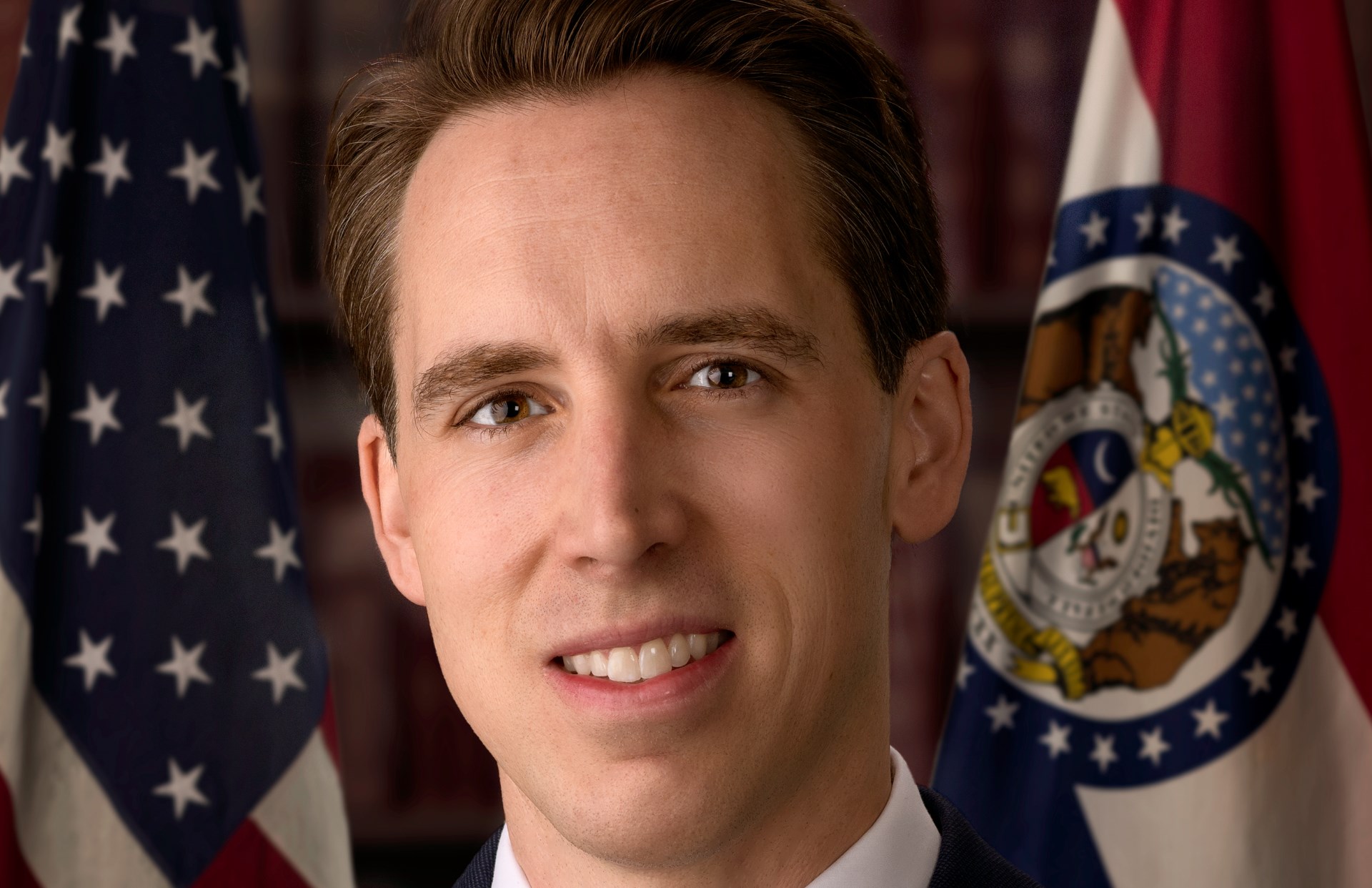US Senator introducing legislation banning loot boxes in games aimed at minors
Josh Hawley of Missouri says videogames are 'siphoning our kids’ attention from the real world.'

US Senator Josh Hawley announced today that he plans to introduce legislation that will ban "pay-to-win and loot box monetization practices" in videogames that are marketed to minors.
“Social media and videogames prey on user addiction, siphoning our kids’ attention from the real world and extracting profits from fostering compulsive habits," Hawley said in a statement. "No matter this business model’s advantages to the tech industry, one thing is clear: There is no excuse for exploiting children through such practices."
"When a game is designed for kids, game developers shouldn’t be allowed to monetize addiction. And when kids play games designed for adults, they should be walled off from compulsive microtransactions. Game developers who knowingly exploit children should face legal consequences."
Hawley's bill, The Protecting Children from Abusive Games Act, would outlaw randomized or partially-randomized microtransactions—loot boxes—as well as pay-to-win systems that "artificially" manipulate difficulty to encourage spending or enable the purchase of competitive advantages in multiplayer games. The FTC would be responsible for enforcing the new rules, although attorneys general at the state level would also be given the authority to take action against game makers.
Hawley cited the mega-popular Candy Crush as a "notorious example of this practice," noting that while the game itself is free, players are able to purchase a "Luscious Bundle" for $150 that offers in-game currency, 24 hours of unlimited lives, and temporary boosters.
"The game touts this offering with a medal labeled 'Best Value'," Hawley said. "Candy Crush Developer King earns parent company Activision Blizzard $2 billion annually, boasting 268 million monthly active users."
Interestingly, the law—if enacted—will not use ESRB ratings to determine applicability. The industry should appreciate that, as doing so would put everything rated lower than Adults Only (so, virtually everything) in its crosshairs, but it also means that the process of determining which games are "played by minors" is vague and wide open to interpretation. The introduction to the bill says the distinction would be based on "subject matter, visual content, and other indicators similar to those used to determine applicability of the Children's Online Privacy Protection Act."
The biggest gaming news, reviews and hardware deals
Keep up to date with the most important stories and the best deals, as picked by the PC Gamer team.
Popular games "whose developers knowingly allow minor players to engage in microtransactions" would also be subject to regulation.
Update: In response to the senator's announcement, the Entertainment Software Association's acting president and CEO Stanley Pierre-Louis issued the following statement:
"Numerous countries, including Ireland, Germany, Sweden, Denmark, Australia, New Zealand, and the United Kingdom, determined that loot boxes do not constitute gambling. We look forward to sharing with the senator the tools and information the industry already provides that keeps the control of in-game spending in parents’ hands. Parents already have the ability to limit or prohibit in-game purchases with easy to use parental controls."

Andy has been gaming on PCs from the very beginning, starting as a youngster with text adventures and primitive action games on a cassette-based TRS80. From there he graduated to the glory days of Sierra Online adventures and Microprose sims, ran a local BBS, learned how to build PCs, and developed a longstanding love of RPGs, immersive sims, and shooters. He began writing videogame news in 2007 for The Escapist and somehow managed to avoid getting fired until 2014, when he joined the storied ranks of PC Gamer. He covers all aspects of the industry, from new game announcements and patch notes to legal disputes, Twitch beefs, esports, and Henry Cavill. Lots of Henry Cavill.

